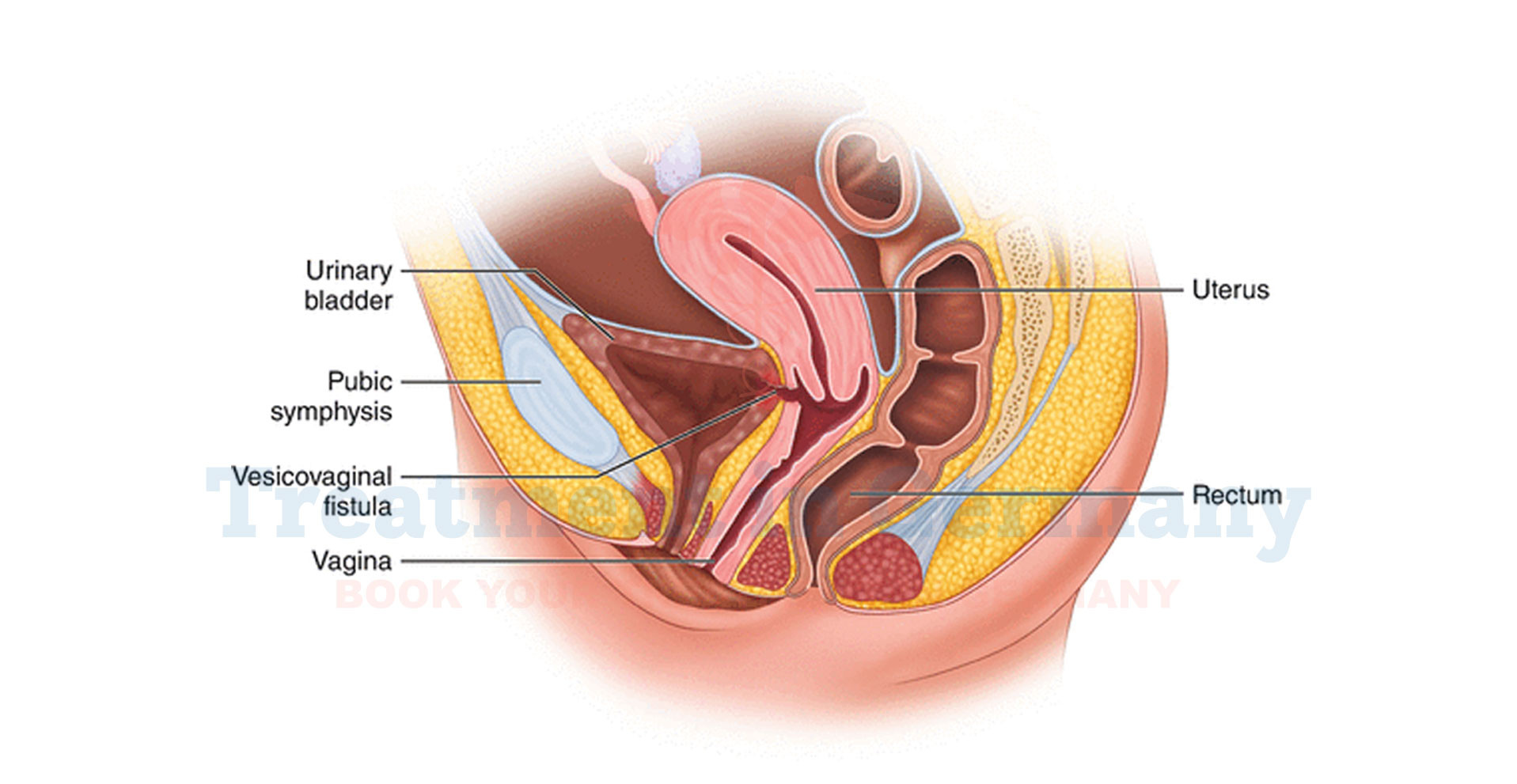What is a Fistula?
A fistula is an abnormal connection between two organs or structures that typically do not communicate with each other.
When it comes to vesicovaginal and urethral fistulas, these are specific types of fistulas that form between the bladder, vagina, and urethra.
Side Effects of Fistulas
Both vesicovaginal and urethral fistulas can have a range of side effects, including:
How is a Fistula Diagnosed?
Diagnosis of a fistula involves several steps to confirm the presence and type of the abnormal connection:
Potential Treatment of Fistulas
Treatment options for fistulas depend on their type, severity, and the patient’s overall health:
👉 Contact us for further information and receive a complimentary consultation.


.webp)
 (1).webp)

.webp)
 (1).webp)


.webp)
 (1).webp)

.webp)
 (1).webp)
